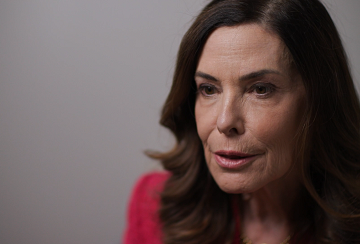

Dr. Shapiro highlights the importance of ongoing care for high-risk cardiac patients, emphasizing that maintaining an LDL cholesterol level of 1.8 or below is essential to prevent future events. Primary care physicians are equipped to help patients achieve this target, and it's crucial not to become complacent even if no recent events have occurred. Watch the video below to learn more about managing your heart health.
Of course, going years without a cardiac event is terrific, but once a patient is high risk, they're high risk for life. We know in secondary prevention, the greatest risk of having another event is having had a first event.
Whether you had it three years ago or more, or even last week, there really should not be a difference in care. We think about this in terms of it being a chronic disease, and chronic diseases need chronic management.
For secondary prevention, we know that risk reduction includes getting our patients’ LDL to the threshold of 1.8 or below. We want to get you to that threshold quickly and maintain that threshold going forward.
That threshold is not a suggestion. The notion of good enough is not an appropriate notion. If you're a smoker, we're not going to tell you five cigarettes are okay.
We're going to tell you, no cigarettes are okay. The same with your cholesterol. Our guidelines and thresholds are not decided arbitrarily.
We have evidence that supports that treating you to that threshold or below will decrease your risk of having another cardiac event. Just because you're no longer a senior cardiologist doesn't mean your primary care physician can't help.
Primary Care has the abilities, tools, and techniques to get your LDL to 1.8 or below. If not, at the very least, they're able to recognize that and then refer you back to a specialist. So the fact that you've gone three years without an event should not make you feel complacent. Don't stop following your physician's orders, don't stop your care. Don't slip through the cracks just because you haven't had another event. We don't want you to have another event to get the care you need.